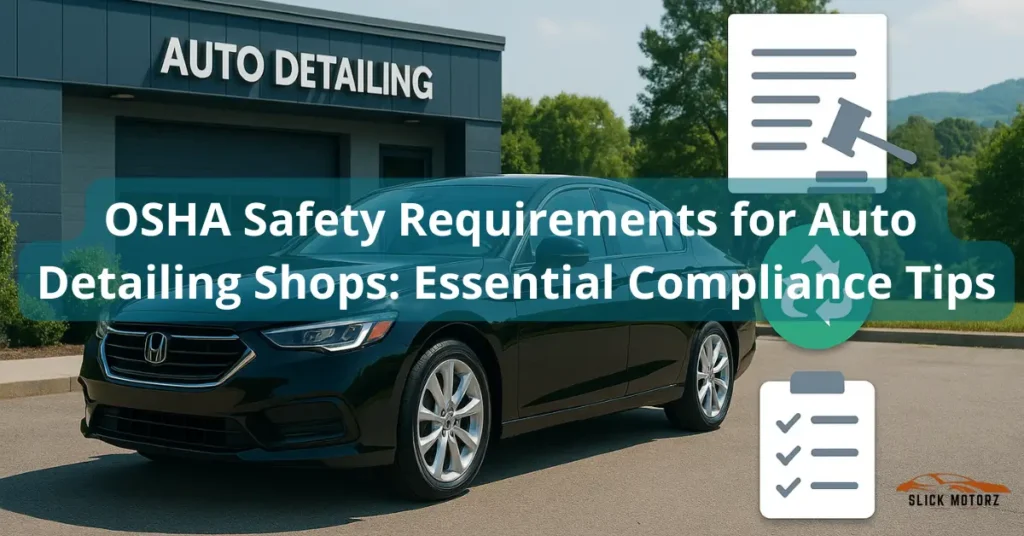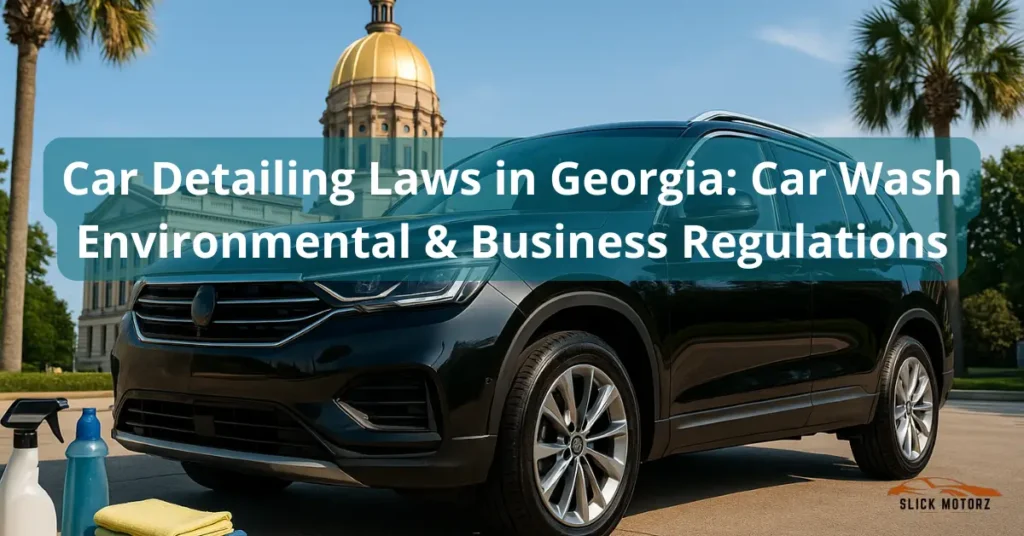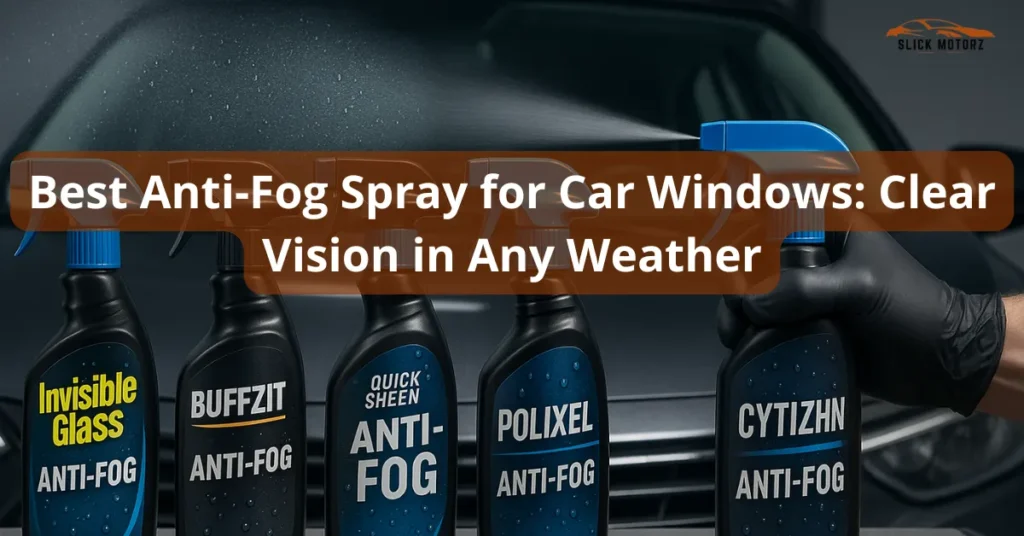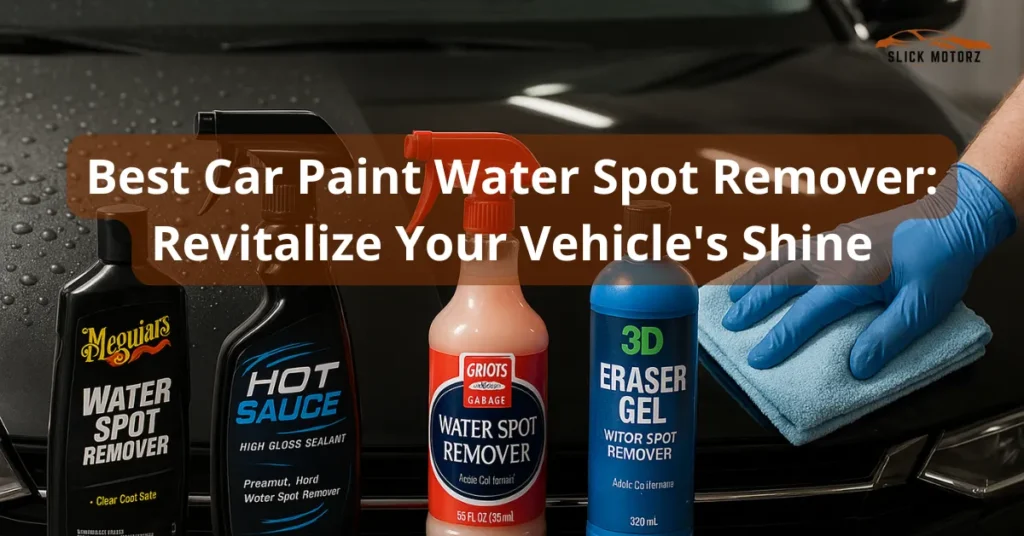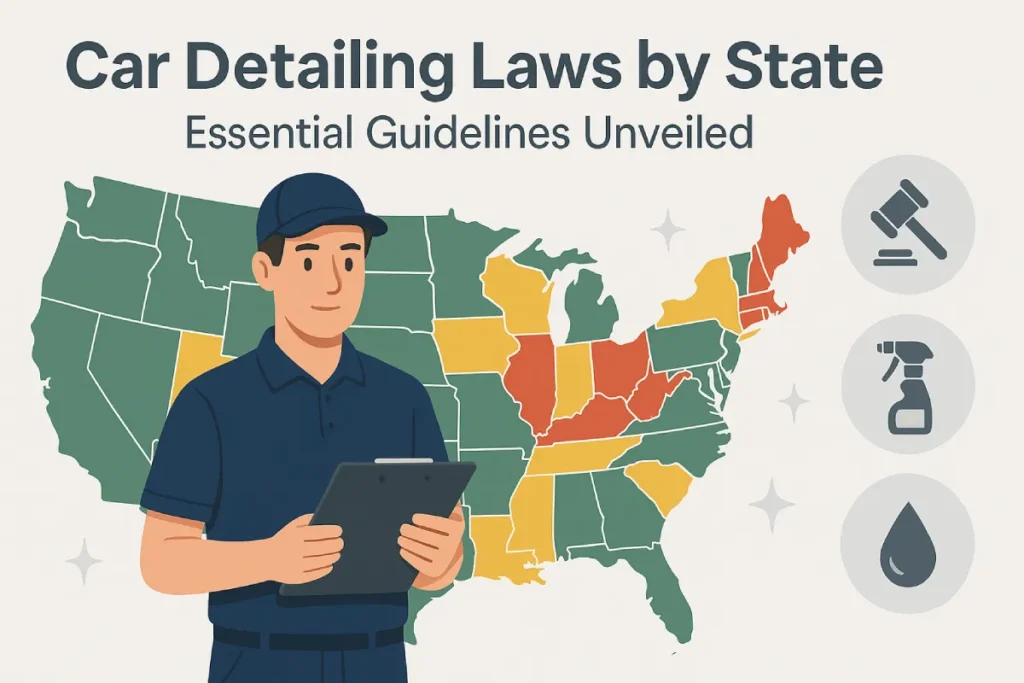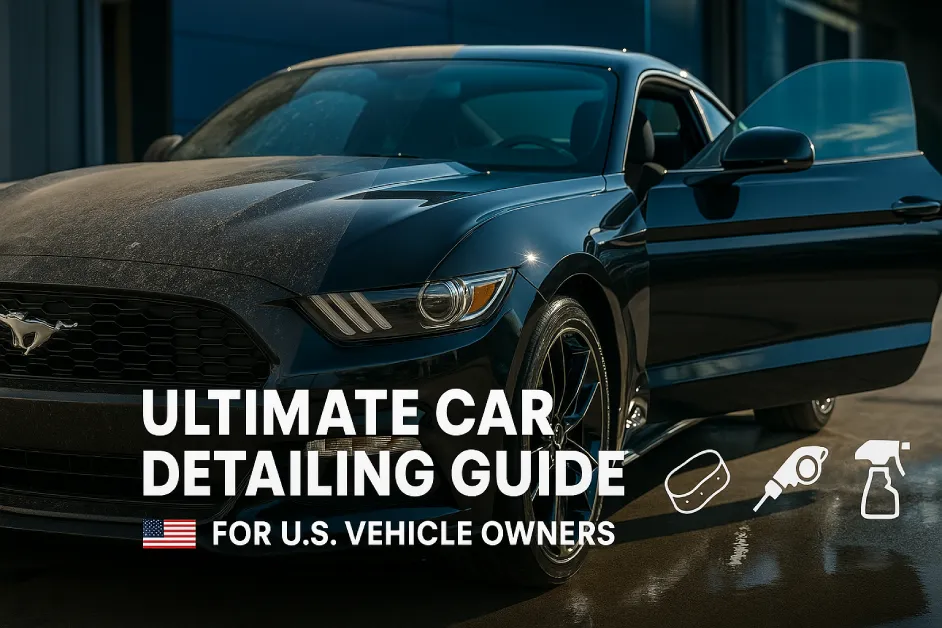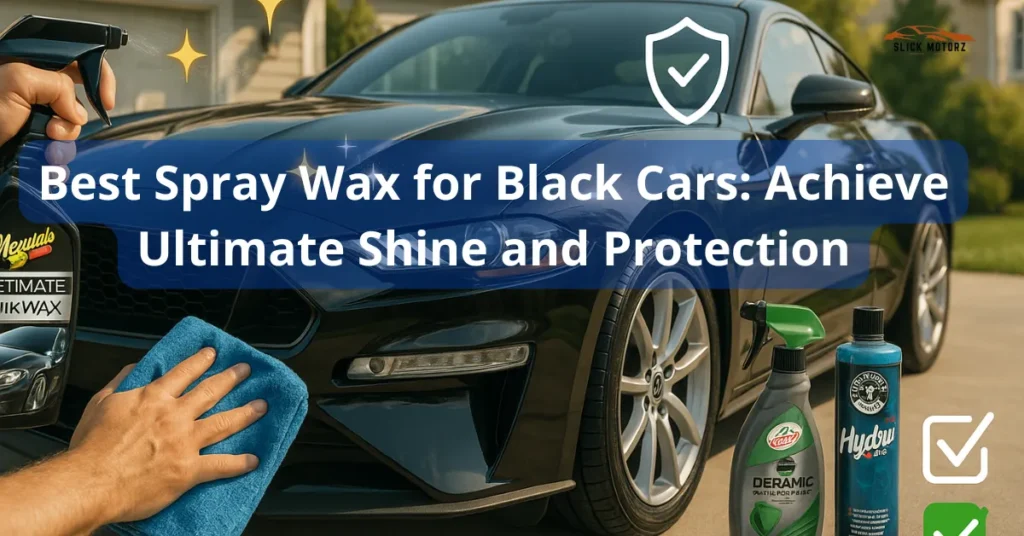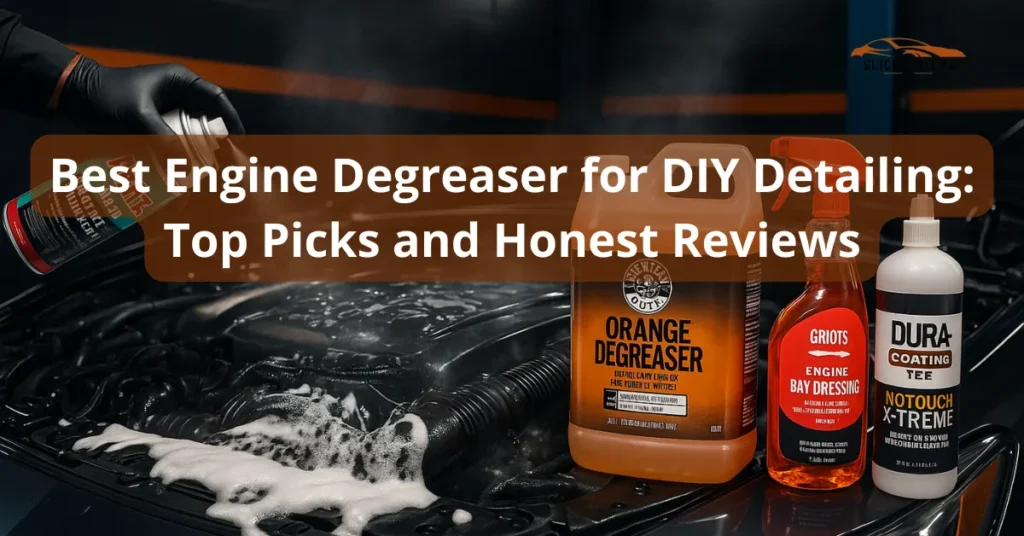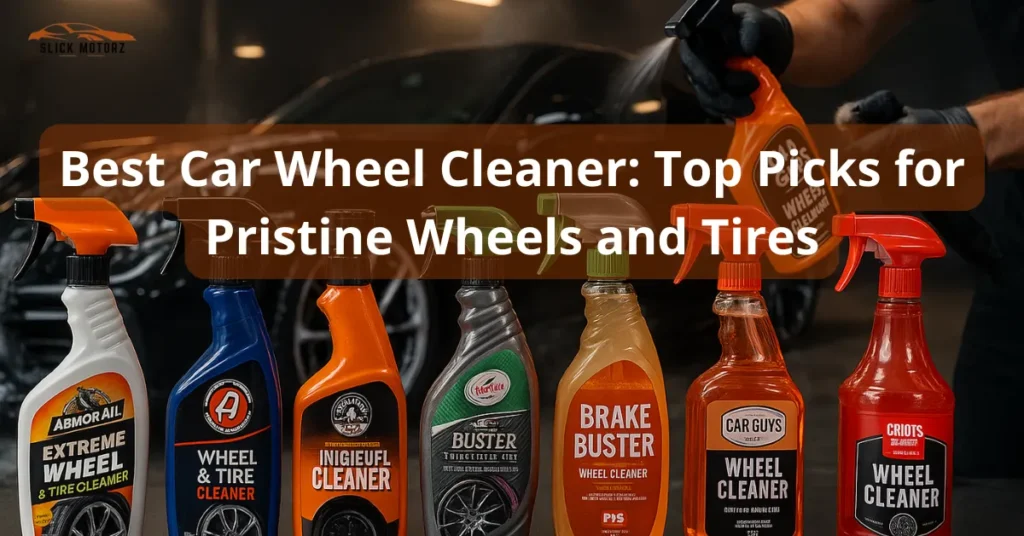If you own a car in Vermont or plan to offer car detailing services here, understanding the state’s car detailing laws is essential. You might wonder what rules you need to follow to keep your vehicle in top shape without running into legal trouble.
From vehicle inspections to environmental regulations, Vermont has specific requirements that affect how you maintain and detail your car. This article will guide you through the key laws you need to know, so you can protect your investment and stay compliant.
Keep reading to discover everything that matters about car detailing laws in Vermont and how they impact you.

Credit: m.yelp.com
Vermont Vehicle Inspection Rules
Vermont enforces strict vehicle inspection rules to keep roads safe. These rules require all registered vehicles to undergo regular checks. Inspections focus on vehicle safety and emissions standards. The state mandates these checks to reduce accidents and pollution. Vehicle owners must comply to avoid penalties and ensure their cars are roadworthy.
Annual Safety Checks
Every vehicle registered in Vermont must pass an annual safety check. Inspectors examine brakes, lights, tires, and steering. The goal is to confirm all parts work properly. Vehicles that fail must be repaired and re-inspected. This process helps prevent accidents caused by faulty equipment.
Emissions Testing
Vermont requires emissions testing for many vehicles each year. The test measures harmful gases released by the engine. This helps reduce air pollution and protect the environment. Cars that do not meet standards must be fixed. Passing emissions tests is necessary for vehicle registration renewal.
Approved Inspection Stations
Inspections must be completed at state-approved stations only. These stations have certified technicians and proper equipment. Vehicle owners should check for nearby approved locations. Using unauthorized stations can result in invalid inspections. Approved stations ensure reliable and fair vehicle checks.
Inspection Sticker Requirements
After passing inspections, vehicles receive an inspection sticker. This sticker must be displayed on the windshield. It shows the vehicle meets Vermont’s safety and emissions rules. Driving without a valid sticker can lead to fines. Stickers must be renewed annually with each inspection.
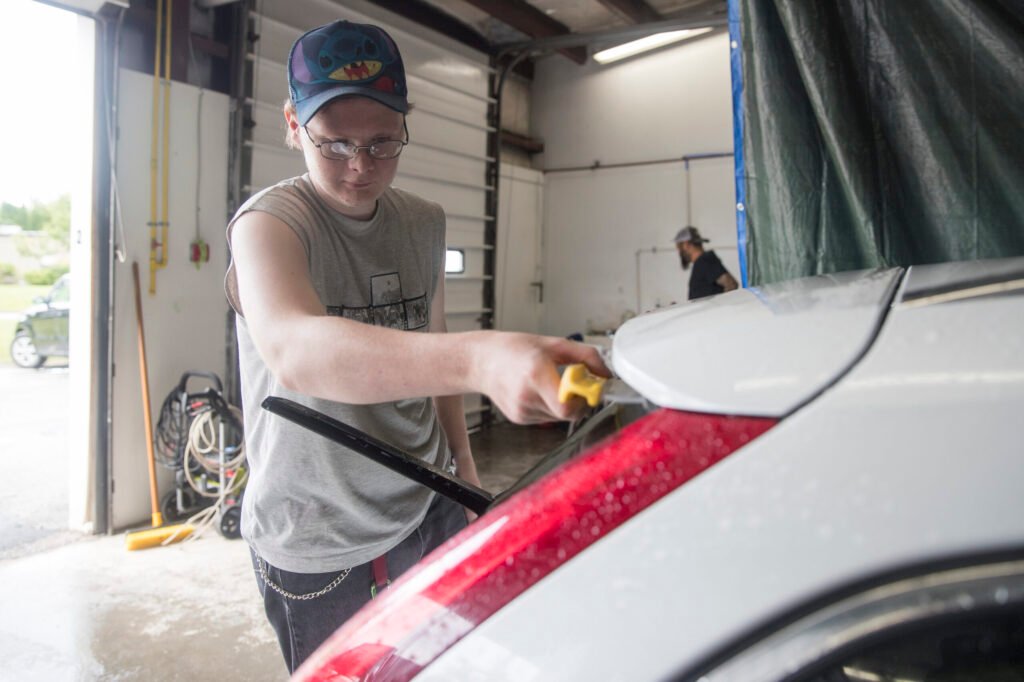
Credit: www.spectrumvt.org
Licensing For Car Detailers
Car detailing businesses in Vermont must follow specific licensing rules. These rules ensure that detailers operate legally and meet state standards. Licensing protects both the business owners and their customers. Understanding these requirements helps detailers start and maintain their services without problems.
Dealer License Application
To detail cars professionally, some detailers need a dealer license. This license allows buying and selling vehicles as part of the business. Applicants must fill out the dealer license application form. The form asks for business details, personal information, and proof of a business location. The Vermont Department of Motor Vehicles reviews the application. Approval depends on meeting all state requirements and paying fees.
Renewal Procedures
Dealer licenses in Vermont are not permanent. Detailers must renew their licenses regularly to keep them active. The state sends renewal notices before the license expires. Renewal requires submitting updated information and paying a renewal fee. Missing the renewal deadline can cause penalties or loss of the license. Staying on top of renewal dates keeps the business lawful and trusted.
Local Registration Obligations
Besides state licensing, car detailers must comply with local registration rules. Towns and cities may require business registration or permits. These local rules ensure the business meets community standards. Detailers should check with city offices for specific obligations. Proper local registration avoids fines and legal issues. It also builds good relations with local authorities and customers.
Environmental Regulations
Car detailing businesses in Vermont must follow strict environmental regulations. These rules help protect the state’s clean air and water. Understanding these laws is key for every detailer. Compliance ensures safe operations and avoids penalties.
Emissions Compliance
Vermont requires all businesses to limit air pollution. Car detailers must ensure equipment meets emissions standards. Machines that produce fumes must have controls. Regular checks prevent harmful gases from entering the air. This keeps the environment safe for everyone.
Waste Disposal Standards
Detailing produces waste like dirty water and used materials. Vermont law demands proper disposal of these wastes. Businesses must separate hazardous from non-hazardous waste. Dumping waste into storm drains or soil is illegal. Licensed disposal companies should handle hazardous waste safely.
Use Of Chemicals And Cleaners
Detailers must use eco-friendly products approved by Vermont authorities. Harmful substances can pollute water and soil. Using biodegradable and less toxic cleaners is encouraged. Strict limits exist on chemical storage and handling. Following these rules protects workers and the environment.
Consumer Protection Laws
Consumer protection laws in Vermont provide important rights for car owners. These laws ensure buyers get fair treatment and proper vehicle care. Understanding these rules helps consumers avoid problems with car detailing and repairs.
Vermont’s laws cover warranty issues, repair obligations, and required disclosures. They protect buyers from hidden defects and unfair business practices. Car owners can trust that their rights are supported by clear legal guidelines.
Lemon Law Basics
Vermont’s Lemon Law helps buyers with defective vehicles. It applies if the car has serious problems that affect its use or safety. The law covers new and some used cars under warranty.
If a vehicle has repeated issues and cannot be fixed after several attempts, the owner may get a replacement or refund. This law ensures buyers are not stuck with faulty vehicles after purchase.
Warranty And Repair Rules
Vermont requires dealers to honor manufacturer warranties. They must repair covered defects within a reasonable time. If repairs fail, consumers have legal options.
Repair shops must use quality parts and perform work properly. Dealers cannot refuse warranty service without a valid reason. These rules protect buyers from poor repair practices.
Customer Disclosure Requirements
Dealers in Vermont must disclose key information before sale. This includes any known damage or defects. They must also provide details about warranties and repair history.
Clear disclosure helps buyers make informed decisions. It prevents surprises after purchase and builds trust between sellers and consumers.
Operational Safety Standards
Operational safety standards play a vital role in car detailing businesses in Vermont. They ensure the safety of workers and customers. These standards help prevent accidents and maintain a clean work environment. Adhering to these rules also protects business owners from legal issues. Understanding and following safety guidelines is a must for every car detailing operation.
Workplace Safety Rules
Vermont requires all car detailing shops to keep a safe workspace. Floors must be clean and free from spills. Workers should wear proper clothing and protective gear. Fire exits must be clear and accessible. Employers need to train staff on emergency procedures. Regular safety drills help prepare for unexpected events. Clear signs should warn of any hazards. Keeping a tidy workplace reduces accidents and injuries.
Equipment Usage Guidelines
Using equipment correctly is key to safety in car detailing. Machines must be inspected before use each day. Only trained employees should operate power tools. Equipment must have safety guards and emergency stops. Follow the manufacturer’s instructions carefully. Do not use damaged or faulty tools. Proper storage of equipment prevents accidents. Safe handling increases efficiency and lowers risks of harm.
Handling Hazardous Materials
Car detailing involves chemicals that can be dangerous. Vermont law sets strict rules for storing and using these substances. All chemicals must be labeled clearly. Workers should use gloves and masks when handling them. Proper ventilation is necessary to avoid harmful fumes. Dispose of waste materials following state regulations. Training on chemical safety is required for all staff. Safe handling protects health and the environment.
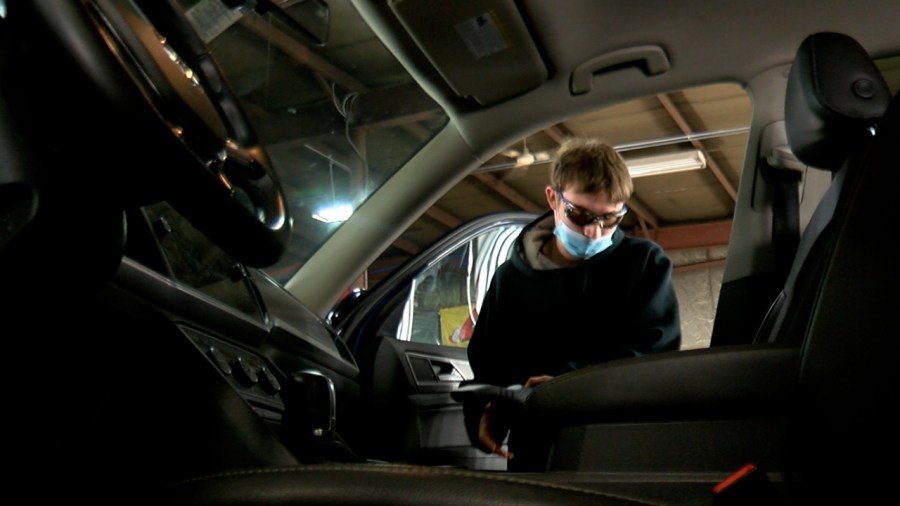
Credit: m.yelp.com
Business Compliance Tips
Running a car detailing business in Vermont requires following state laws closely. Staying compliant protects your business and builds customer trust. Understanding key compliance areas helps avoid fines and legal issues.
Below are essential tips to keep your car detailing business within Vermont regulations.
Record Keeping
Keep clear and accurate records of all transactions and services. Document customer details, vehicle information, and service dates. Store records securely for at least three years. Proper records help with tax filings and inspections by authorities.
Insurance Requirements
Carry the right insurance coverage to protect your business. General liability insurance is a must for damages or accidents. Consider commercial auto insurance if you transport vehicles. Verify your insurance meets Vermont state standards to avoid penalties.
Avoiding Legal Pitfalls
Follow local environmental laws for waste disposal and chemical use. Use approved products that meet Vermont’s safety regulations. Train employees on safe handling and emergency procedures. Stay updated on vehicle inspection laws affecting your services. Avoid unlicensed operations to prevent fines or shutdowns.
Common Violations And Penalties
Car detailing businesses in Vermont must follow specific laws to operate legally. Violating these rules can lead to serious consequences. Understanding common violations and their penalties helps owners stay compliant and avoid trouble.
Many violations relate to inspections, licensing, and environmental regulations. Authorities actively enforce these laws to protect consumers and the environment. Penalties often include fines, business closures, or legal actions.
Inspection Evasion Consequences
Skipping or faking vehicle inspections is illegal in Vermont. This includes avoiding emissions or safety checks required by the state. Businesses caught evading inspections face heavy fines and possible shutdowns. Repeat offenders risk losing their operating permits. Customers may also lose trust in businesses that ignore inspection laws.
Unlicensed Detailing Risks
Operating a car detailing business without proper licenses violates Vermont law. Unlicensed businesses lack regulatory oversight, which poses risks to consumers. Penalties include fines and forced closure of the business. Licensing ensures that detailers meet safety and quality standards. Always verify that a detailer holds valid state licenses before hiring.
Environmental Fines
Car detailing involves chemicals and waste that must be handled carefully. Vermont enforces strict environmental rules to prevent pollution. Improper disposal of wastewater or hazardous materials results in fines. Businesses must follow guidelines for waste treatment and chemical use. Environmental violations can lead to costly penalties and harm local ecosystems.
Resources For Vermont Detailers
Vermont detailers need reliable resources to navigate local car detailing laws. Access to the right contacts helps ensure compliance with state regulations. These resources guide legal requirements and industry standards. Staying informed protects your business and your customers.
State DMV Contacts
The Vermont Department of Motor Vehicles (DMV) oversees vehicle regulations. Detailers can contact the DMV for inspection rules and registration details. The DMV website offers forms, inspection station lists, and updates on legal changes. Direct communication with the DMV clears doubts about compliance.
Environmental Agencies
The Vermont Department of Environmental Conservation regulates emissions and waste disposal. Detailers must follow environmental guidelines to reduce pollution. This agency provides resources on water runoff, chemical use, and hazardous waste. Following their rules keeps your business eco-friendly and legal.
Industry Associations
Joining local and national car detailing associations offers many benefits. These groups provide training, certification, and legal updates. Associations also offer networking opportunities with other professionals. Membership helps detailers stay current with industry best practices and laws.
Frequently Asked Questions
Is VT Getting Rid Of Car Inspections?
No, Vermont still requires annual vehicle inspections. These include safety and emissions checks at state-approved stations.
Does Vermont Have A Lemon Law On Used Cars?
Vermont’s lemon law covers used cars only if repairs start within the original warranty period. It has specific eligibility rules.
Is A Car Inspection Required In Vermont?
Yes, Vermont requires annual safety and emissions inspections for all registered vehicles. Inspections ensure vehicle safety and environmental compliance.
Can You Get Pulled Over In Vermont For No Inspection Sticker?
Yes, Vermont requires an annual inspection sticker. Police can pull you over for not displaying a valid sticker.
Conclusion
Understanding Vermont’s car detailing laws helps keep your vehicle legal and safe. Regular inspections protect drivers and the environment. Always follow state rules for inspections and emissions checks. Staying informed avoids fines and ensures smooth vehicle registration. Keep your car well-maintained and pass inspections without trouble.
Vermont’s laws may seem strict but aim to improve road safety. Simple care and attention make a big difference. Drive smart, stay legal, and protect your investment.


